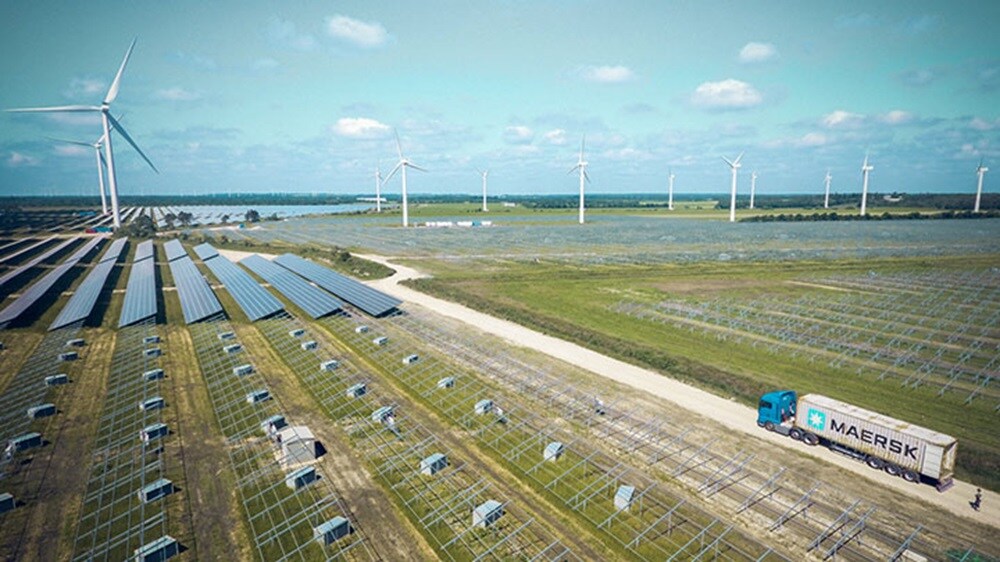
We operate based on responsible business practices
Our governance commitment to ensure we run in alignment with our Purpose and Core Values
Select highlights from our progress in 2025
Ensuring responsible business practices across Maersk’s operations
Maersk is a purpose-driven company operating in a complex environment that relies on integrated global supply chains. Our commitment to operate based on responsible business practices is part of our Core Values and underpins our efforts to ensure compliance with relevant laws, regulations and responsible business conduct, while adequately mitigating risks.
Increasing trade regulations, value chain due diligence, have grown exponentially over the past years and are impacting global trade more than ever. External expectations have also increased, and widely different views continue to evolve around the contributions and responsibilities of companies in addressing broader societal issues, from climate action and environmental sustainability to human rights, social impact and inclusive workplace practices.
In this dynamic social and business environment and complex legal landscape, it is imperative for Maersk to continuously adapt to evolving regulatory requirements, market conditions and geopolitical events while ensuring our suppliers meet our global standards and local laws around business ethics, human and labour rights, working conditions and employment practices and environmental responsibility.

Our targets
Operate based on responsible business pratices with respect for human rights
|
Environment & Ecosystems
|
Spills and releases to the environment (>10m3)
|
APMM
|
2026
|
0 spills
|
|---|---|---|---|---|
|
Sustainable procurement
|
Suppliers committing to Supplier Code of Coduct
|
APMM
|
2026
|
100% of suppliers
|
|
Business Ethics
|
Employees** trained in Maersk Code of Conduct
|
APMM
|
2026
|
100% trained
|
Our responsible business practices ambitions are built on these focus areas:
Governance impacts, risks and opportunities across Maersk’s value chain

|
Legal and regulatory compliance
Impact and risk of cases of noncompliance on anti-corruption laws, international sanctions or transport of illegal goods |
Supplier relationship management
Risks of noncompliance with Maersk’s standards by our suppliers |
Ethical use of data and AI
Ethical use of our stakeholders’ data and protection of individuals’ right to privacy |
|---|---|---|
|
Grievance and remedy
Access to grievance and remedy for affected stakeholders |
Payment practices
Ensuring timely and fair payment practices to suppliers |
Tax governance
Risk of different interpretations and tax controversy |
Annual Report 2025




